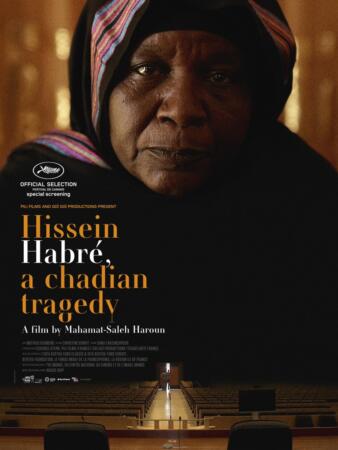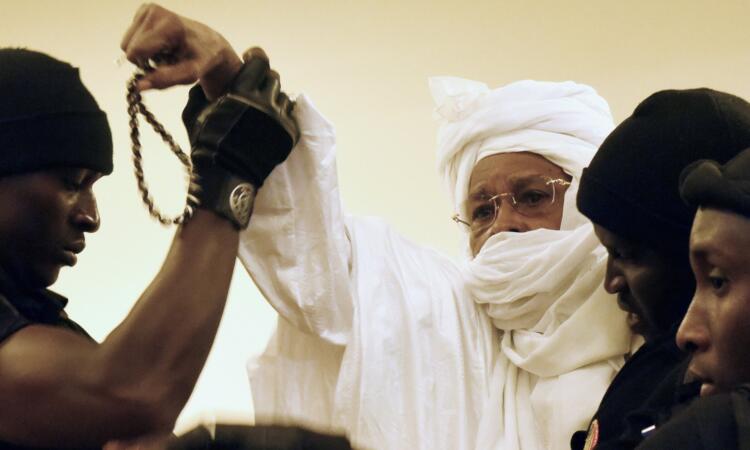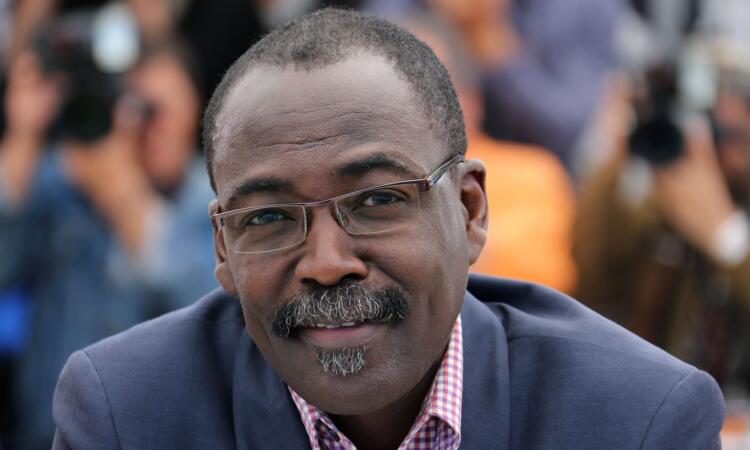
One of a tiny few films by and/or about people of African descent screening at the ongoing Cannes Film Festival is Chadian filmmaker Mahamat-Saleh Haroun’s documentary film about one of Africa’s least known mass killings, which premiered at the festival Monday.
“Hissein Habre, A Chadian Tragedy” focuses on dictator Hissene Habre, Chad’s president from 1982 to 1990, who has been dubbed “Africa’s Pinochet” because of the notorious atrocities allegedly committed during his eight-year rule. A Commission of Inquiry formed after he was deposed in 1990 said his government carried out some 40,000 politically motivated murders and 200,000 cases of torture in the eight years he was in power. His dreaded political police force, the Documentation and Security Directorate (DDS), is accused of some of the worst abuses.
Victims have been trying to bring him to justice for 23 years. And in 2013, Habré’s arrest in Senegal marked the end of a long combat for the survivors of his regime.

In the film, accompanied by the Chairman of the Association of the Victims of the Hissein Habré Regime, filmmaker Mahamat Saleh Haroun goes to meet those who survived this tragedy and who still bear the scars of the horror physically and emotionally. It is through their courage and determination that the victims accomplish an unprecedented feat in the history of Africa: that of bringing a Head of State to trial.
Habre will finally be judged later this month at a special tribunal in neighboring Senegal, where he had fled into exile.
Director Haroun told the press at Cannes last week that he wanted to cast a light on what he calls “this genocide” largely ignored by the outside world “because it was some business of the blacks” carried out behind closed doors.

Chad’s foremost filmmaker whose film “Grigris” competed for the Palme d’Or at Cannes in 2013, Haroun added that he wanted to see “if was it possible to still live together after such monstrosities,” asking the question, “Can survivors still find a place for forgiveness in their hearts?”
“Harrowing and hopeful” is what The Hollywood Reporter called the film in its review.
Unifrance, the company promoting the film outside of France, has released 3 clips from it – all subtitled in English thankfully, and all embedded below, giving you a glimpse at what to expect:

